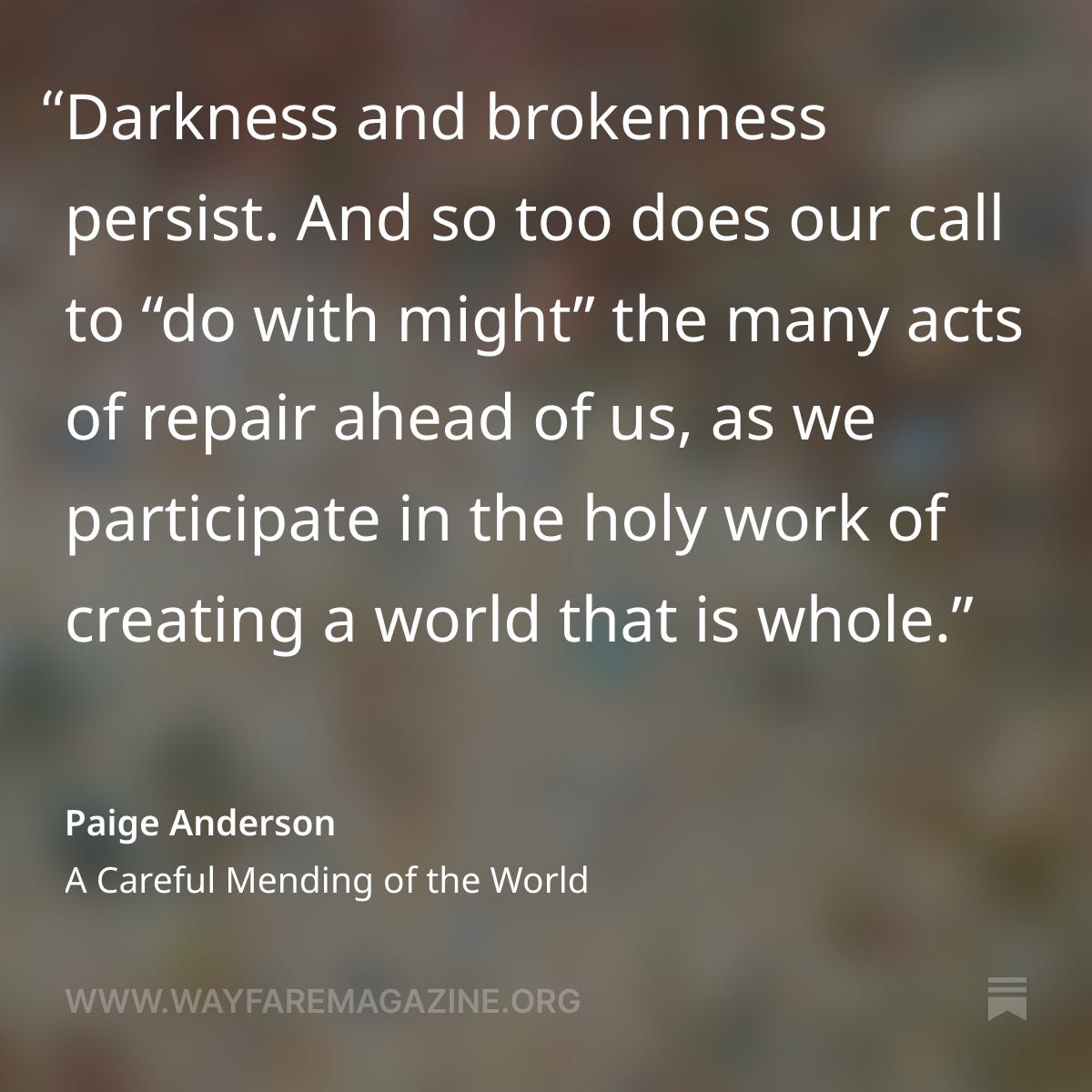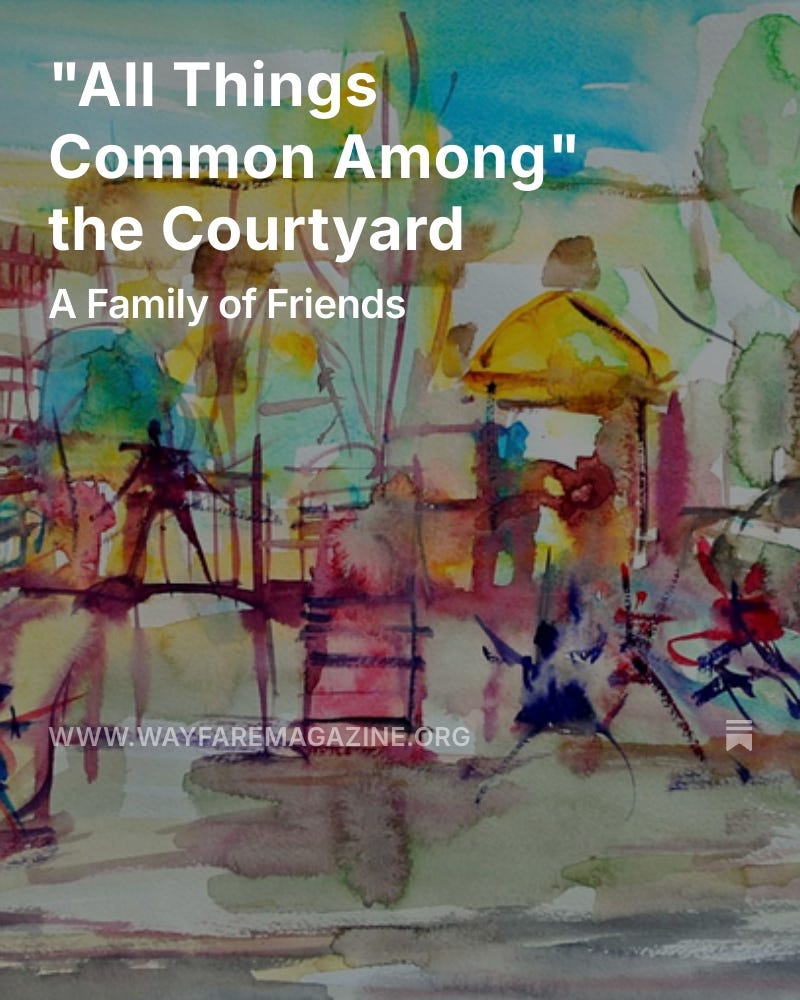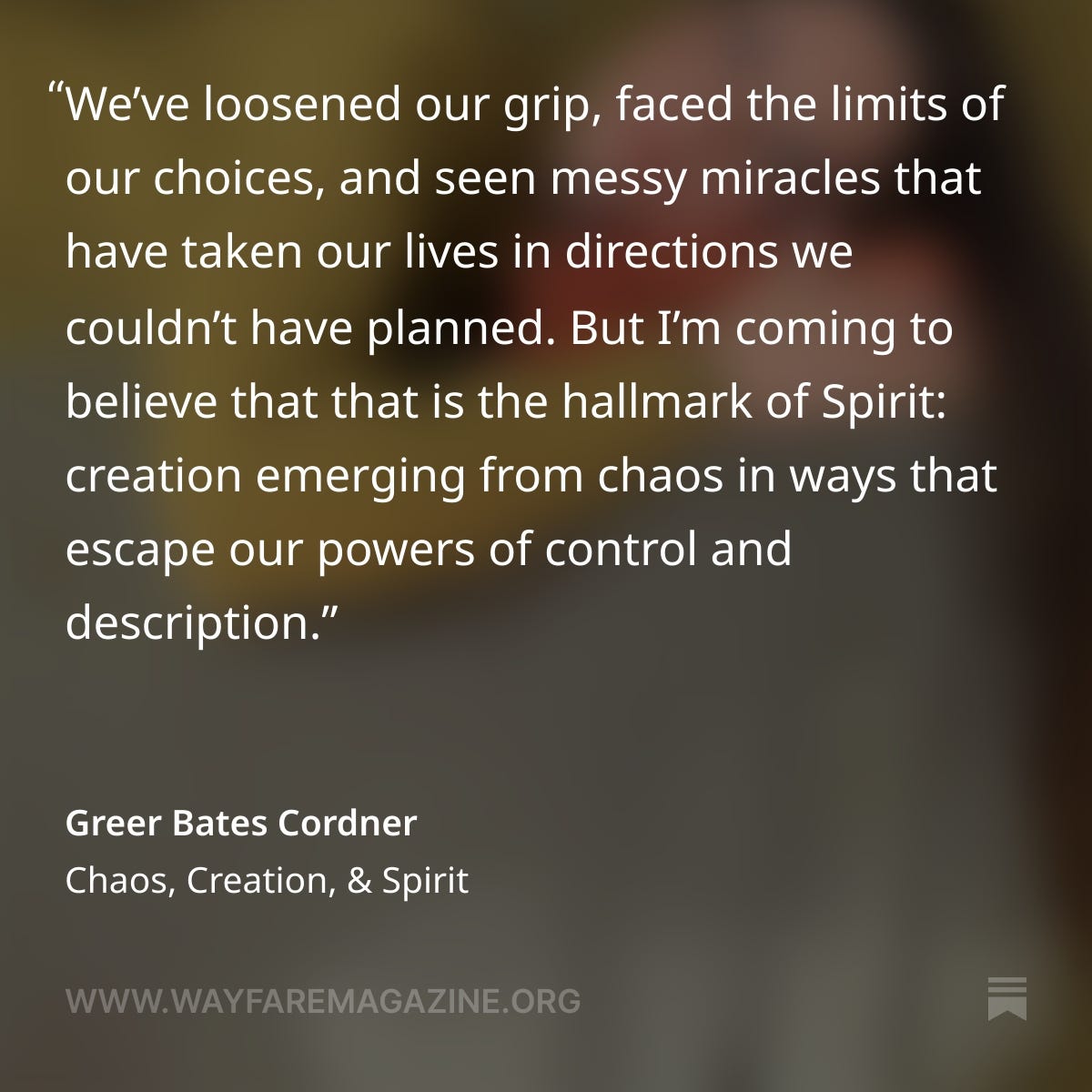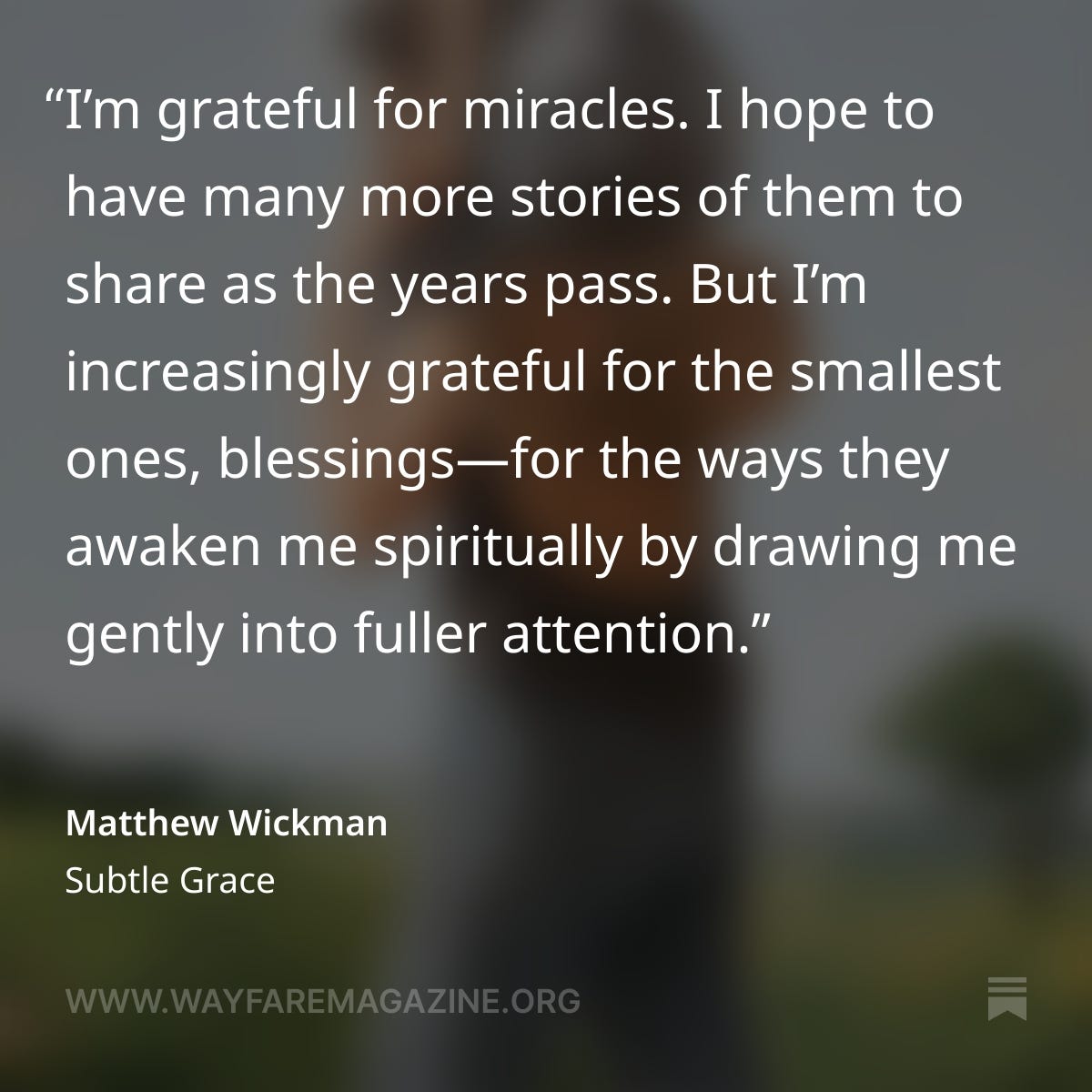How can I succor the weak, lift up the hands which hang down, and strengthen the feeble knees?
Faith Matters resources to accompany your Come Follow Me study: July 21-27

“Thou wilt do the greatest good unto thy fellow beings.” The Lord wants me to help people in need.
The Savior has given me much and requires much of me.
The courtyard offers itself as a canvas for connection and exchange. Residents donate toys to the courtyard and kids play with them freely. We learn that all this abundance belongs to everyone. I’ve stopped buying any new toys, knowing our children have dozens of toys just outside our back door, thousands if you count the blades of grass and sticks and gopher holes they also play with. My kids learn that the world is theirs, and that it is also everybody else’s. They take home a toy from the courtyard, and then we bring it back. For his birthday, my son asked for new batteries to replace the ones in the broken toys outside, and then we spent the day unscrewing the neighborhood toys and replacing their batteries.
—Lindsey Meservey, “All Things Common Among” the Courtyard












